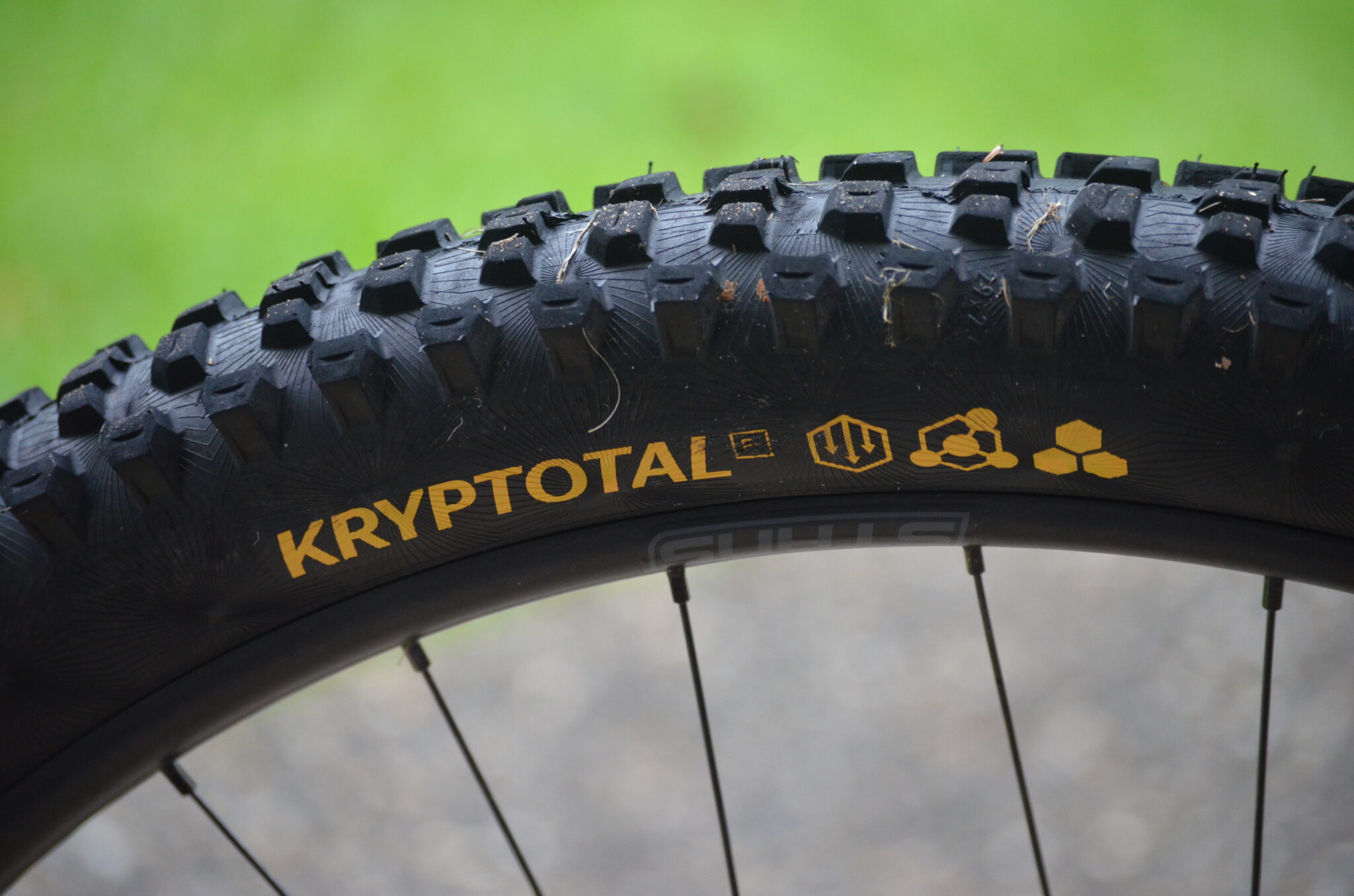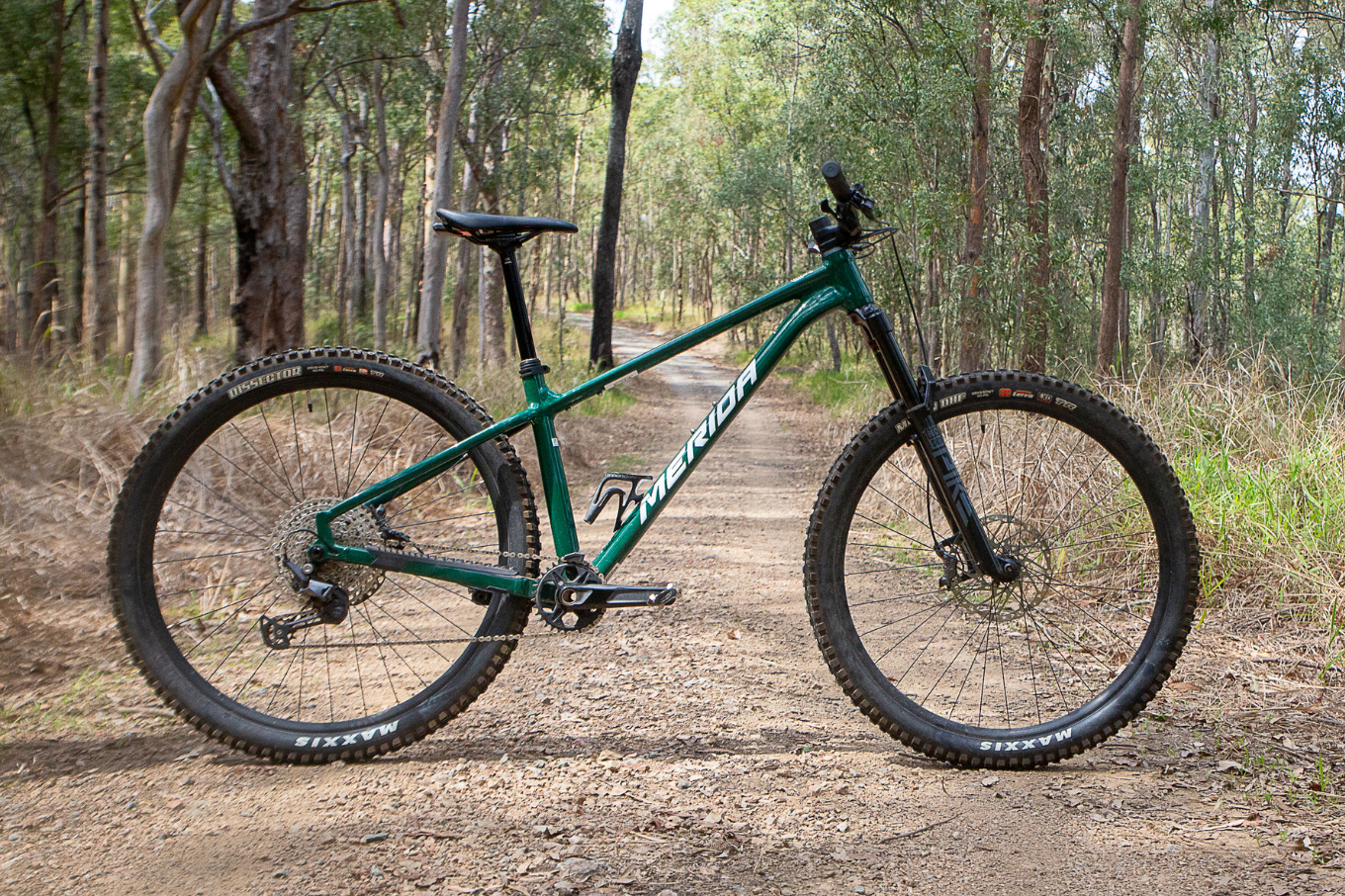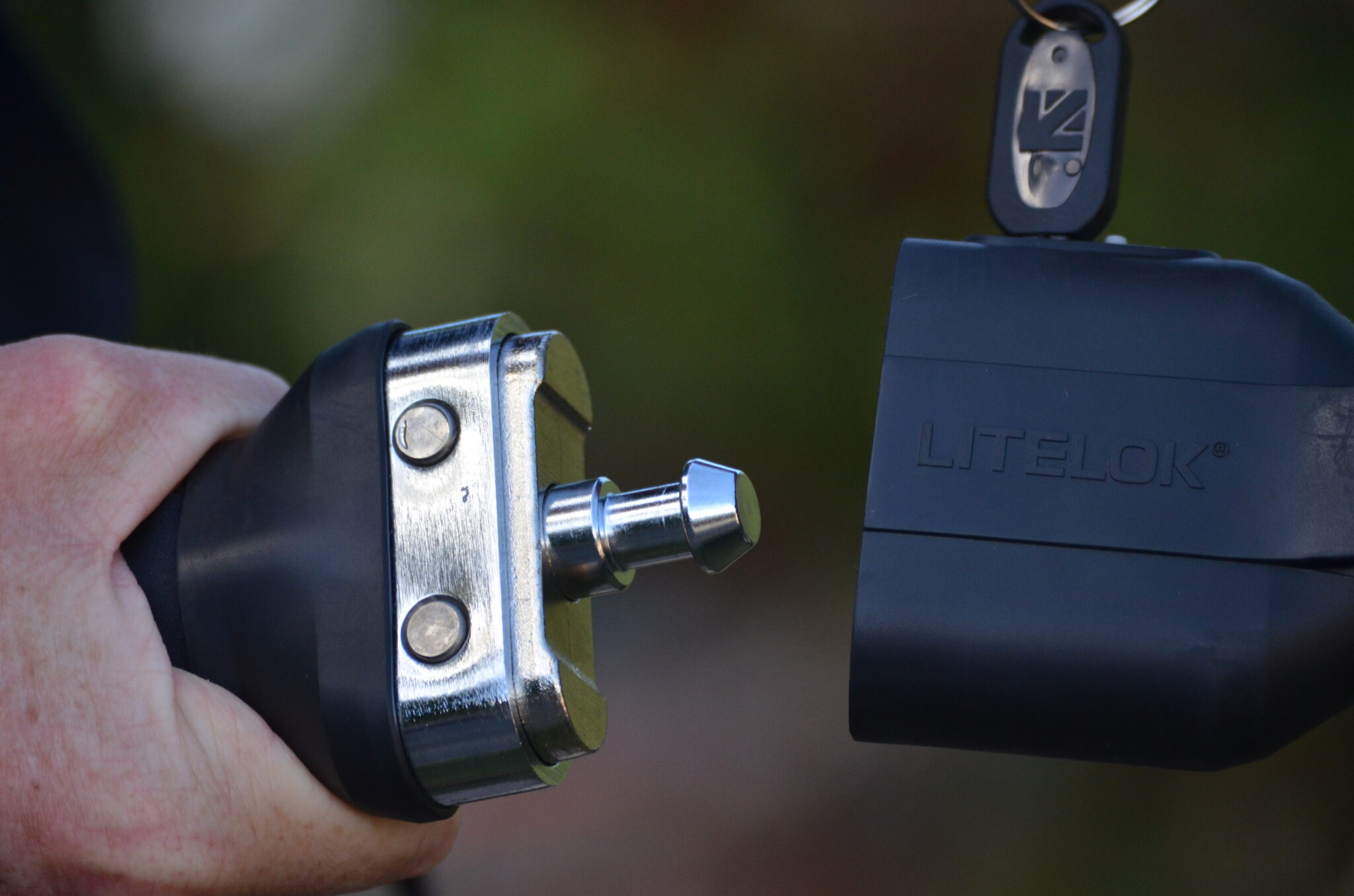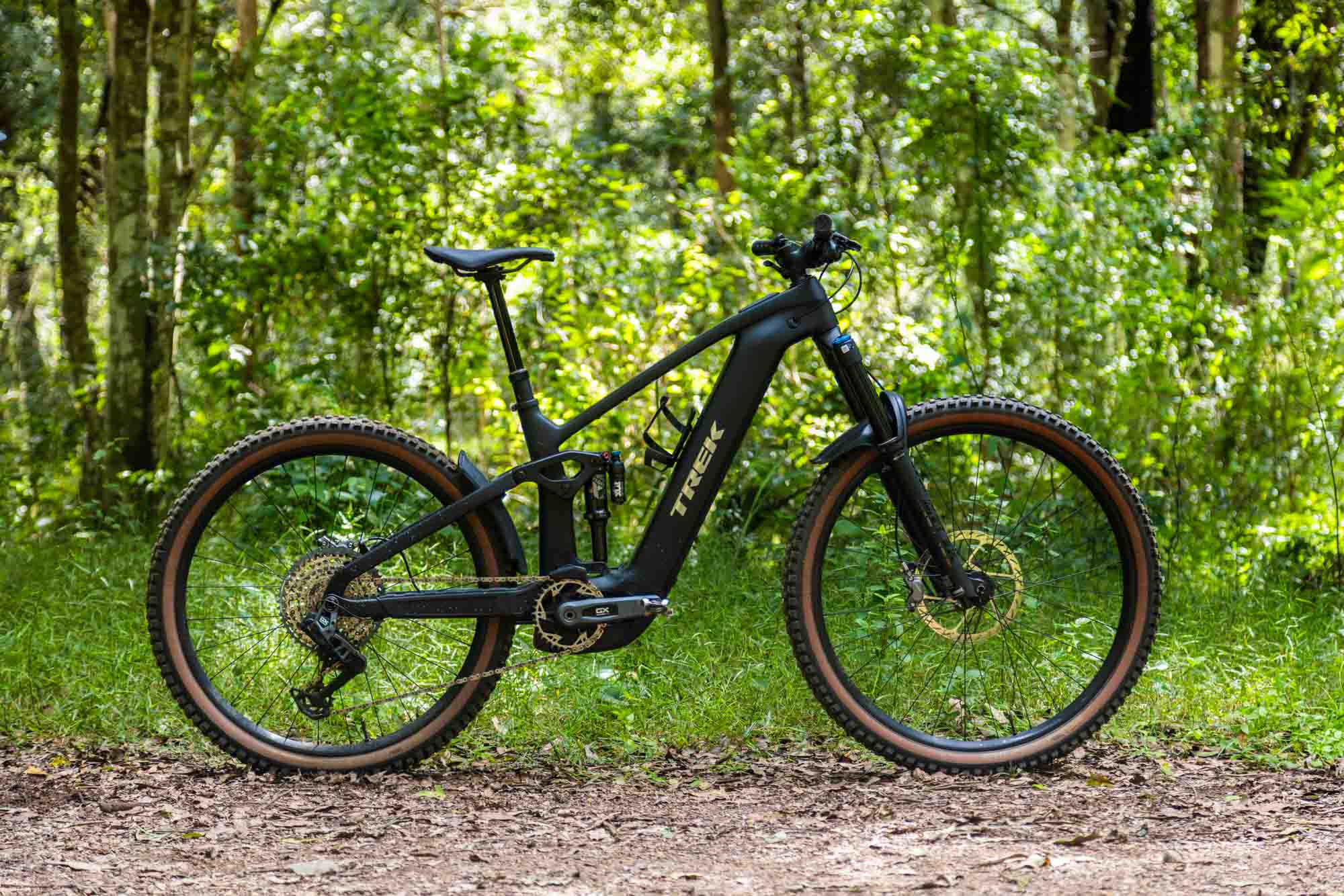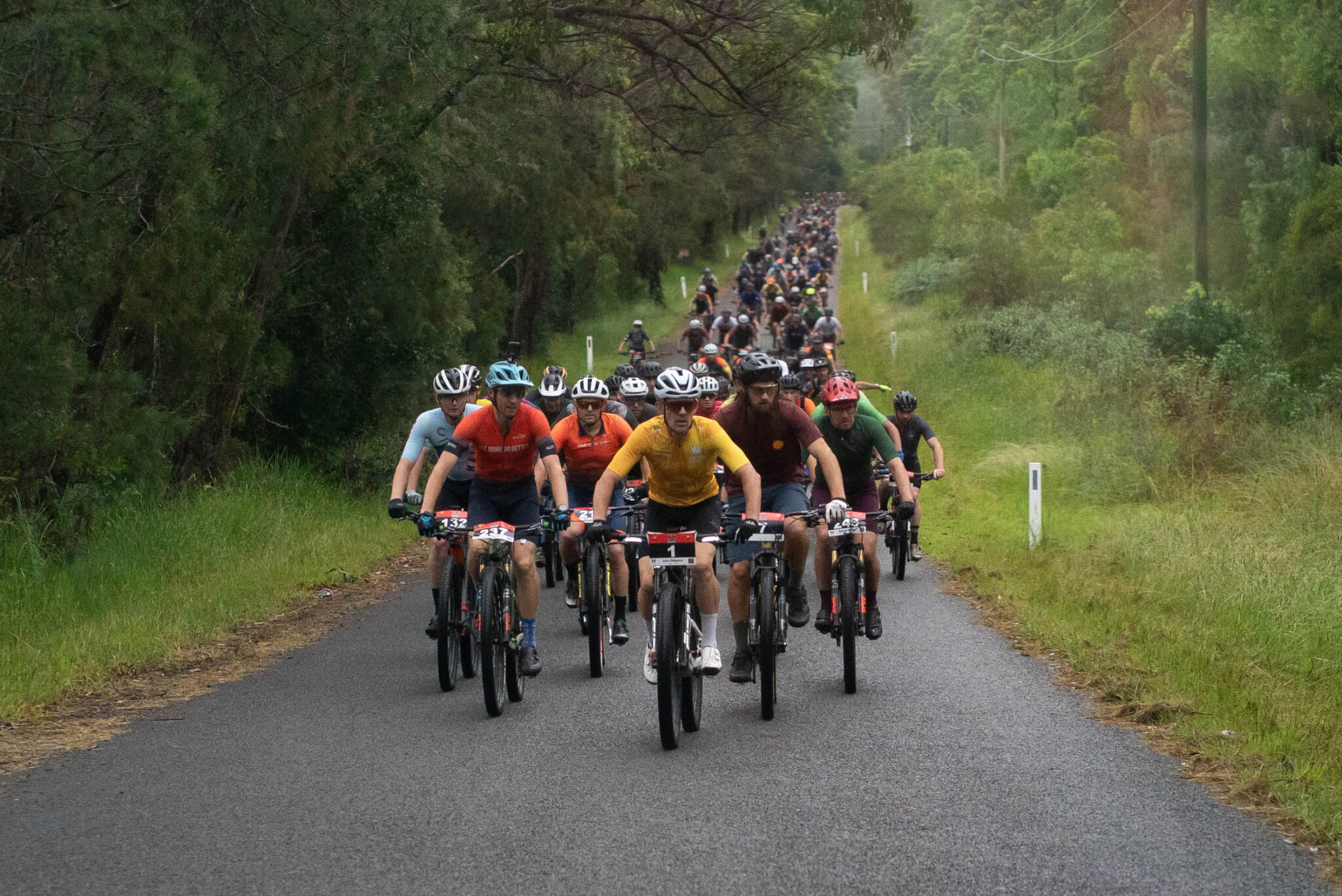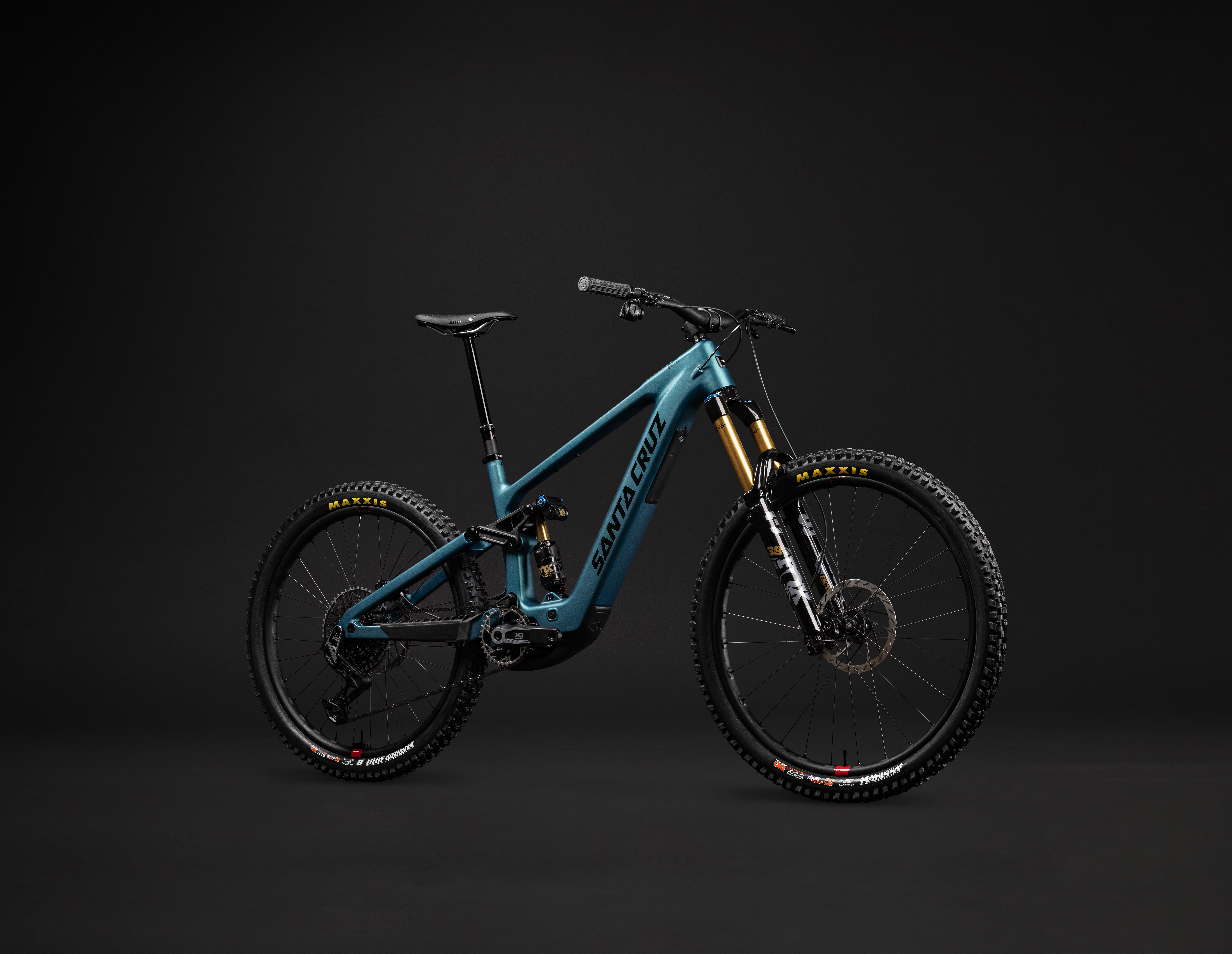FITNESS: Hot Tips from a Coach who has been the Athlete
As an athlete-turned coach (who still enjoys pinning a number on intermittently!) there have been many experiences throughout my athletic life that I have only seemed to make sense of now the shoe is on the other foot.
Words: Anna Beck
Photos: Mike Blewitt, Tim Bardsley-Smith
Perhaps it’s my personality of ‘I do what I want’ rebellion, or perhaps it’s been gaining a deeper understanding through coaching athletes and really having dig deeper into my understanding of physiology and sports psychology in order to deliver quality sessions that are underpinned with meaning and intent.
Regardless, there has been learning and evolution. And as an athlete and coach here are the biggest takeaways for those self-coached or coached athletes on the journey towards your cycling goals.
-
‘Happiness Watts’ are the biggest performance enhancer
A happy athlete is a fast athlete. While motivation for racing may come from many sources, there is strong evidence that mood plays an important part in performance.
Look at World Champion Evie Richards, who struggled with fatigue and RED-S for years as a junior and U23 racer, only to overcome her problems, focus on fuelling well and riding happy and absolutely crushing 2021. This is just one example: there are thousands out there.
I have never met a depressed, anxious athlete who could whip out personal best performances. And I have never met an athlete that responded well to flagellation: both self imposed or external. While a degree of drive is required to train and get results, being wildly unkind to yourself in the name of ‘performance’ or surrounding yourself with the wrong support system, is a surefire way to ride slowly and not enjoy time on the bike.
-
Recovery is as important as training
If some is good, more is better, right? It’s a tale as old as time: self-coached athlete starts training, puts in a humungous 15-hour week on the bike while working full time with family commitments. Spends next few weeks in a hole wondering where it all went wrong. The thing is, not even professional athletes will do a whole week of hard efforts, or at least very rarely (sometimes potentially in a training camp situation, with adequate rest leading into the block, and following this block).
As recovery expert and former AIS head recovery physiologist Shona Halson states, “To the body, stress is stress, whether it comes from a hard workout, a competition, a romantic breakup or, if you’re a student-athlete, the anxiety of final exams”. As such, unless your job is riding your bike, you probably have many more competing demands on you than the pro athletes we watch on Red Bull streams. For most of us, that idolised 15-20 hour week is more likely to put you in a training hole than create meaningful improvements.
Likewise, within your broad season plan, monthly training cycle and weekly training program, periods of recovery (either full days off or dedicated, very low intensity recovery rides, and recovery weeks where the entire weeks volume is reduced) are integral in allowing the body to recover and adapt to the training demands. Without adequate recovery, we risk stagnation of progress and a sense of staleness and fatigue on the bike and racecourse.
The Catch-22 is that to improve your fitness there need to be periods of overload and fatigue. Stretching out duration and intensity (where appropriate) on the bike is what constitutes the principle of progressive overload, integral to creating those physiological changes that result in increased performance. Just remember, recovery is key.
-
Meet yourself where you are
It’s very important to meet yourself, the athlete, where you are RIGHT NOW. If you were a gun U19 that could climb the local hill in 5 minutes while you were a lightweight 55kg and you’re now 40, re-entering cycling with the baggage of family, work and physical weight that comes with adulthood, then you need to leave your expectations and memories of being U19 back in the 2000s where they belong.
Likewise if you had a peak 20min power of 340w sometime four years ago when you were in the form of your life, there is no point in basing your training on these ‘ideal’ numbers now. Using old numbers can lead to training too hard (or too easy if they were lower than now!) And as such it’s critically important to meet yourself where you are now.
If that means lining up for a race knowing it’s going to be very hard, at the start of the season, and just knuckling down and getting on with it and not racing to your expectation, then that’s fine. If it means clicking on the ‘zones’ link and reducing down that threshold power, then that’s fine. If it means other people that you usually beat are faster than you, that’s fine. You can’t control others’ journeys so keep the focus on yourself.
There is something incredibly liberating about saying ‘this is where I am at, what can I do with this?’ And trusting the process, letting go of the ego that tends to surround cycling culture.
-
You’re probably not eating enough on the bike
Rewind 15-20 years and the main staple of on the bike training food, for many, was probably Uncle Toby’s muesli bars. Maybe one for a ride, maybe two for a long one. Gels were emerging in sports nutrition, and the biggest name in the industry was ‘Powerbar’ which was like a chewy, cavity inducing goopy food in a foil package.
Looking back, I can see that many people, including me, were underfuelling (with UT’s muesli bars having a paltry 18.7g carbohydrate) and that perhaps some proper sports nutrition would have avoided a few of the many hunger flat/hangry/exploding with rage episodes or poor race results in my early riding experience.
We now know that carbohydrate, like a LOT of carbohydrate, is the gold standard in sports nutrition, with >90g carbohydrate (from multiple sources) per hour seen to have performance benefits in events >3hrs. This is obviously massive when compared to an 18.7g muesli bar, and as such, gut training is crucial during training to race with this amount of carbohydrate.
Importantly, this level of fuelling isn’t required for shorter events with 40-60g/hour recommended for events 2-3hrs in duration, 30g/hour for 1-2 hours and optional carbohydrate for events <1hr.
There are caveats and conditions (training the gut, hot weather plans, dietary preferences) in which more comprehensive advice is required, so seek out an accredited sports dietician for more information.
-
Being honest with yourself is key
As they say, honesty is the best policy and I am a firm advocate for transparency with your coach and with yourself. Sometimes the urge to ride can overtake our better judgement, especially if fatigued or unwell, when we can do ourselves a disservice if not recovering. Being honest with yourself requires taking a step back from knee jerk feelings and thinking about what’s really going on and what’s better for you not just today, but tomorrow, in a week, and by the end of your season.
Honesty is also really important when it comes to race performance, and reduces the chance of making excuses and allows the athlete to take accountability for their performance and, as mentioned earlier: meet themselves where they are.
Recently, having some significant time off from training, and exploring other sports, I knew the first XCO race back would be hard. Knowing that the race would be long, I couldn’t attack the start with my usual zeal, I rode steady tempo/threshold instead of out of my skin. Was my performance amazing? No. Was it far off where I would like to be? Yes. Is that just how it is on the journey up? Yes. And you know what? That ‘conservative’ start was still pretty tough 90 minutes into the race!
While this may not make for an exciting story of overcoming all obstacles and racing like a bat out of hell, being honest with yourself makes for better racing decisions and more longevity within the sport.


